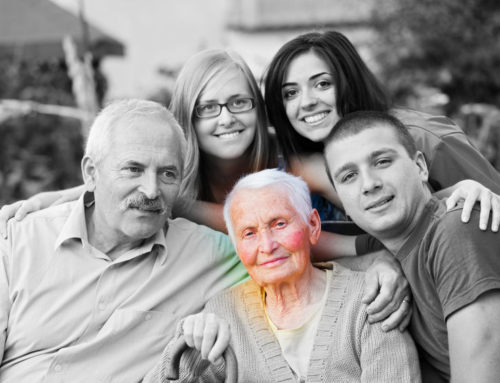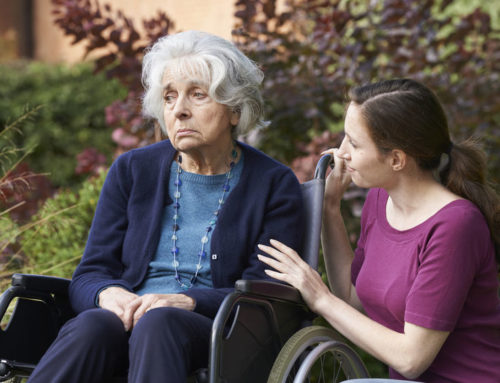While you’d think it goes without saying you should seek an evaluation for your loved one just as soon as he or she shows initial symptoms of Alzheimer’s or dementia, too many people fall into the trap of overlooking such signs—or very simply—living in denial that they’re loved one could develop one of these diseases. Unfortunately, though, overlooking or ignoring such signs can result in serious and sometimes even deadly consequences.
Should you decide, however, to make the right choice and propose such an evaluation to your loved one, you may want to consider how this suggestion will affect him or her, and—accordingly—take some time to prepare. (While this course of action may be the right thing to do, the right thing, unfortunately, isn’t always easy.) As you might imagine, your loved one—who has likely taken care of him or herself for a whole lifetime—may take such a suggestion quite personally, and he or she may object strongly to the prospect of suddenly, handing-over responsibility. Taking time to prepare for this conversation will help you reduce the likelihood of a stressful confrontation and will allow him or her to begin accepting the idea of assisted-care.
If you’ve recently noticed any curious or unusual behavior from your loved one (e.g., confusion, more than occasional forgetfulness), then you may want to consider having him or her evaluated for Alzheimer’s or other age-related illnesses by a trained professional. By seeking the advice and care of—specifically—a neurologist or geratrician, you significantly increase the likelihood your loved one has the care needed to avoid serious accidents or possibility develop any other health issues.





